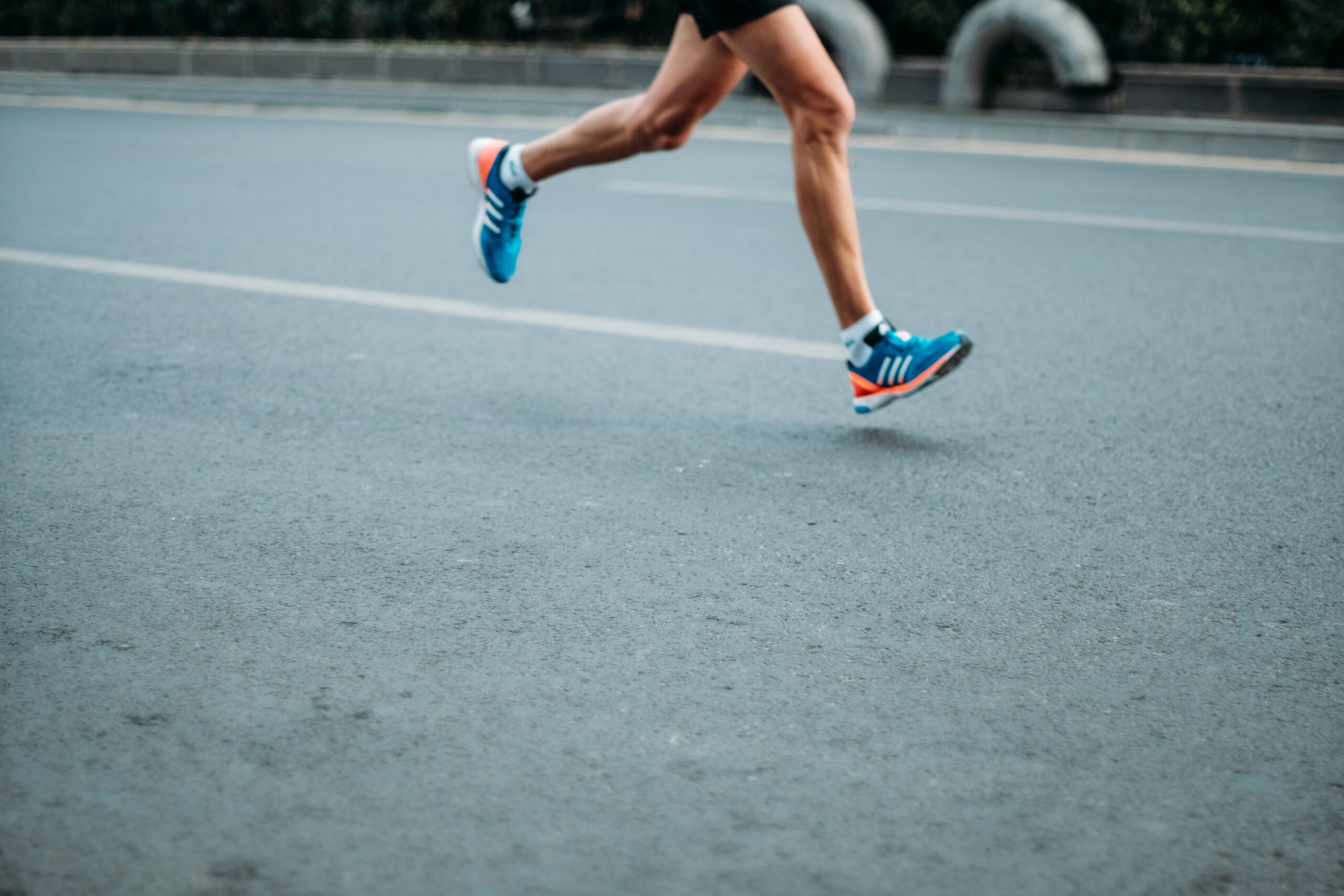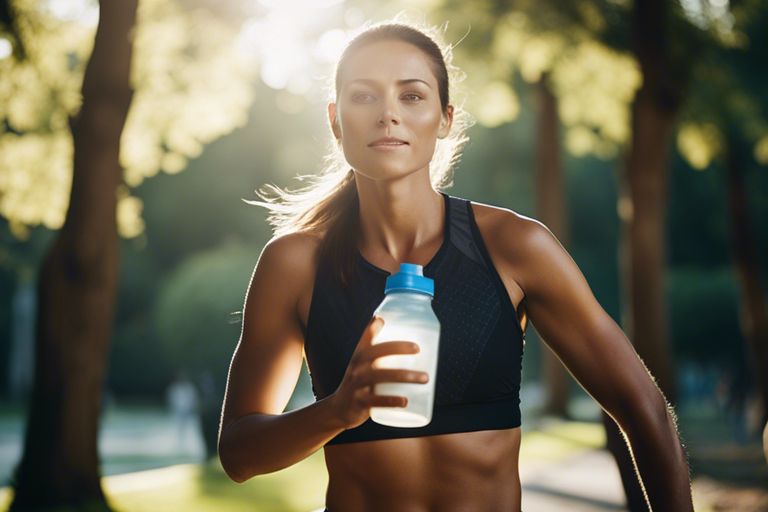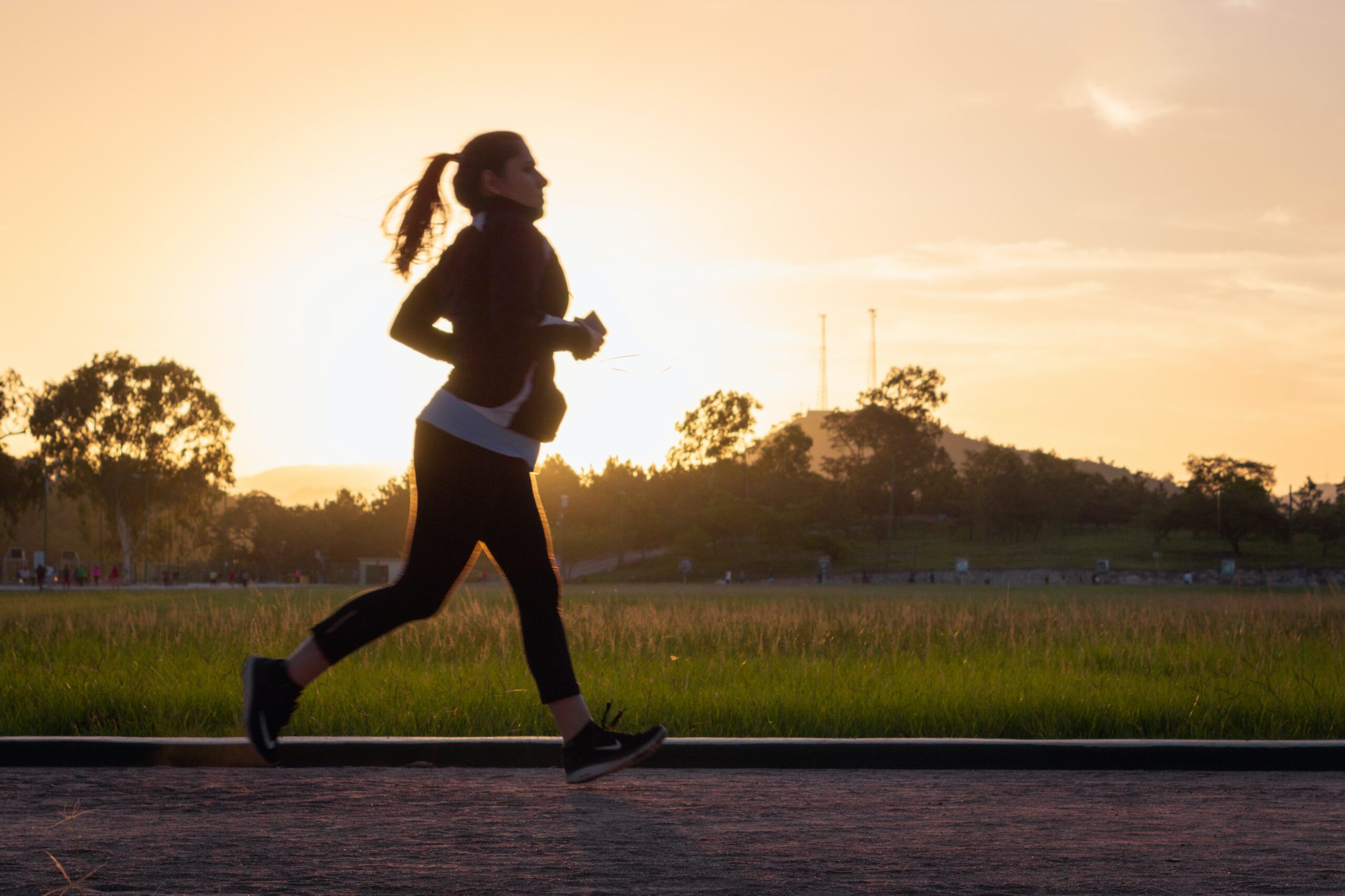In the matter of maximising your jogging performance, paying attention to your nutrition is crucial. Hydration plays a significant role in enhancing your endurance and energy levels during a run. Choosing the right drinks can make a notable difference in your jogging performance. In this blog post, we will discuss the importance of staying hydrated while jogging and explore the best drinks to consume for sustained energy and optimal performance.
Key Takeaways:
- Water is crucial: Staying hydrated by drinking water is crucial for optimal performance during jogging.
- Avoid sugary drinks: Sugary beverages can lead to energy crashes and are not the ideal choice for energy during jogging.
- Consider sports drinks: Sports drinks can replenish electrolytes lost through sweat and provide energy during long or intense jogging sessions.
- Green tea for a caffeine boost: Green tea can be a good choice for a natural energy boost due to its moderate caffeine content.
- Coconut water for hydration: Coconut water is a natural source of electrolytes that can help with hydration and energy levels during jogging.
Hydration Fundamentals for Joggers
Understanding Fluid Needs Before, During, and After Jogging
Proper hydration is vital for peak performance and overall well-being while jogging. Before your run, aim to drink around 400-600ml of water to ensure you start off well-hydrated. During your jog, drink small amounts of water every 15-20 minutes to replace fluids lost through sweat. After your run, replenish lost fluids by drinking 500ml of water per 0.5kg of body weight lost during exercise.
Dehydration: Signs, Symptoms, and Prevention
Dehydration occurs when your body loses more fluids than it takes in, leading to an imbalance that can impact your jogging performance and even your health. Common signs of dehydration include increased thirst, headache, dry mouth, dark urine, and fatigue. To prevent dehydration, drink water regularly throughout the day and especially before, during, and after your jog. Electrolyte-rich drinks can also help replace lost minerals during intense exercise sessions.
Energy Drinks and Their Effects on Joggers
Ingredients Commonly Found in Energy Drinks
Energy drinks often contain ingredients such as caffeine, taurine, B-vitamins, and various sugars. These ingredients are aimed at providing a quick energy boost to the consumer.
Potential Benefits and Risks for Joggers
For joggers, energy drinks can offer a temporary boost in energy levels, which may help improve performance during a run. However, it is important to be cautious of the potential risks associated with energy drinks, such as increased heart rate, jitteriness, and disrupted sleep patterns.
While energy drinks can provide a quick energy fix for joggers, it is crucial not to rely on them as a primary source of energy. Incorporating a well-balanced diet with natural sources of energy, such as fruits, nuts, and whole grains, is important for long-term health and sustained energy levels during exercise. Moderation is key when it comes to consuming energy drinks, and individuals should be mindful of their caffeine intake to avoid adverse effects on their overall well-being.
Natural Hydration and Energy Boosters
The Role of Water and Electrolytes in Energy Levels
Proper hydration is important for maintaining energy levels during exercise. Water helps regulate body temperature, lubricate joints, and transport nutrients to cells. Electrolytes such as sodium, potassium, and magnesium play a crucial role in muscle function and hydration balance. It is important to replenish both fluids and electrolytes lost through sweat to sustain energy levels and prevent fatigue.
Nutritious Foods and Drinks That Support Endurance and Performance
Consuming nutritious foods and drinks rich in carbohydrates, protein, and healthy fats can enhance endurance and performance during workouts. Foods like bananas, nuts, oatmeal, and Greek yoghurt provide a good source of energy and nutrients to fuel your body. Including drinks like coconut water, green tea, and beetroot juice can also boost stamina and improve exercise performance.
How to Safely Integrate Drinks for Energy into Your Running Routine
Timing Your Hydration For Maximum Effectiveness
Hydrating before, during, and after your run is crucial for maintaining energy levels and performance. To maximise the effectiveness of your hydration, it is recommended to drink about 5-10ml of water per kilogram of body weight 4 hours before your run. During your run, aim to consume 150-250ml of water every 15-20 minutes to prevent dehydration. After your run, replenish lost fluids by drinking at least 500ml of water or a rehydrating sports drink.
Tailoring Your Drink Choices to Duration and Intensity of Runs
The duration and intensity of your run will determine the type of drink you should choose to fuel your body effectively. For short, low-intensity runs lasting less than 1 hour, water is sufficient to stay hydrated. However, for longer runs or high-intensity sessions lasting over an hour, you may need to consider isotonic sports drinks to replenish lost electrolytes and energy stores.
Jogging and Nutrition – What to Drink for Energy
To maximise energy levels for jogging, it is important to focus on hydration and the right choice of beverages. Water is key to maintain proper hydration levels, while sports drinks can provide a boost of energy during longer runs by replenishing electrolytes. Avoid sugary or caffeinated drinks that can lead to crashes in energy levels. Instead, opt for natural sources of energy like homemade smoothies or coconut water. By paying attention to what you drink before, during, and after jogging, you can ensure sustained energy levels and optimal performance.
FAQ
Q: What are some recommended drinks for energy before going jogging?
A: A good option for energy before jogging is a banana smoothie with almond milk and a dash of honey, providing a good mix of carbohydrates, vitamins, and minerals.
Q: Is it important to stay hydrated while jogging?
A: Yes, staying hydrated is crucial while jogging to maintain performance and prevent dehydration. Water is the best choice for hydration, but sports drinks can be beneficial for longer runs to replenish electrolytes.
Q: How soon before jogging should you have a snack or drink for energy?
A: It is recommended to have a light snack or energy drink containing carbohydrates and hydrating fluids around 30 minutes to an hour before jogging to allow for digestion and absorption of nutrients.
Q: Can caffeinated drinks be a good choice for energy before jogging?
A: While caffeine can provide a temporary energy boost, it is not ideal before jogging as it can lead to dehydration and may cause digestive issues. It’s best to opt for natural sources of energy like fruits or smoothies.
Q: What drinks should be consumed post-jogging for recovery and refuelling?
A: After jogging, it is important to rehydrate with water or electrolyte-rich drinks, and consider a post-workout smoothie with protein powder, fruits, and leafy greens to aid in muscle recovery and refuel energy stores.






